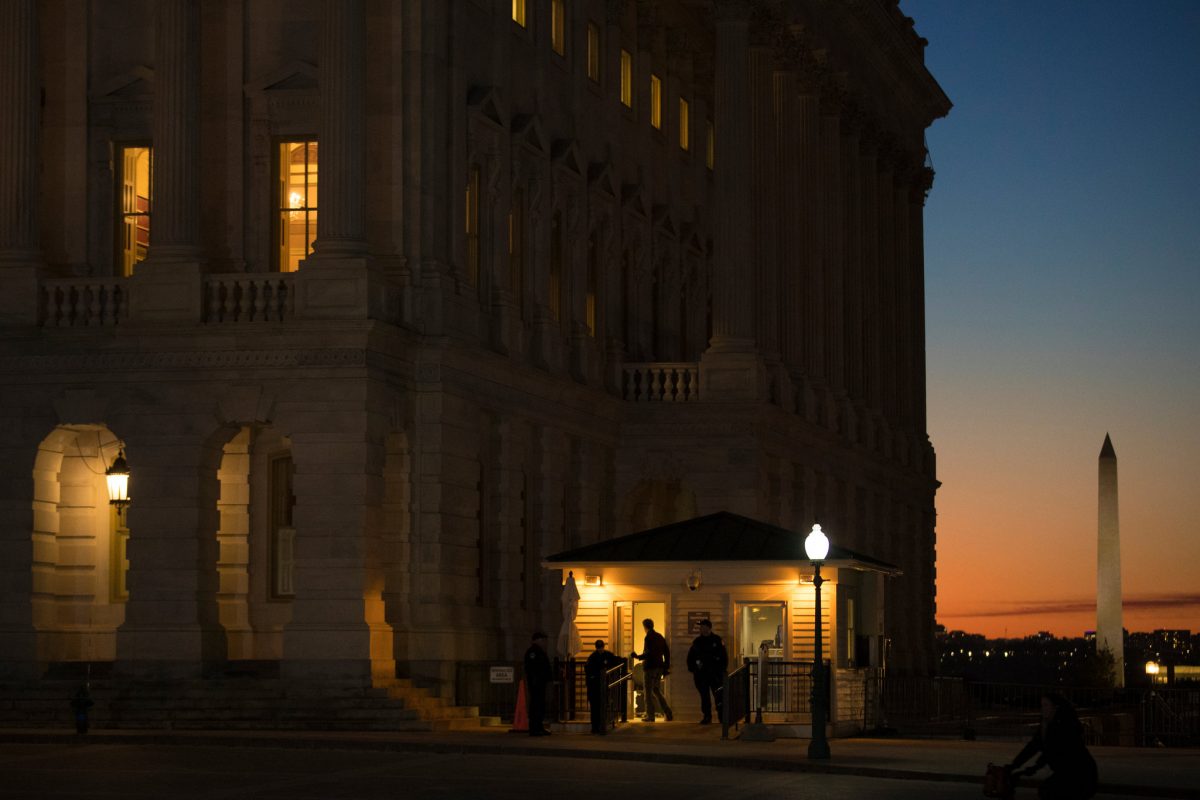Too often overlooked in recent debates is the role that Medicaid plays in children’s healthcare coverage. Of the 74 million Americans covered by Medicaid, nearly 36 million are children enrolled in Medicaid and the Children’s Health Insurance Program (CHIP) – which was enacted in 1997 to ensure affordable and accessible healthcare coverage for low-income children. Roughly 38 percent of American children receive healthcare services through these two programs, and they have been critical in increasing the percentage of American children with health insurance coverage to a historic high of 95.5 percent in 2016.
Medicaid and CHIP are particularly important to some of the nation’s most vulnerable children – 76 percent of children living in poverty, 48 percent of children with special health needs, and 48.8 percent of children ages three and under are covered under Medicaid and CHIP. Furthermore, 49 percent of births are covered by Medicaid. Without these two programs, millions of children would go without crucial healthcare services, positioning them for a lower quality of life further down the road.
And yet, despite the indubitably positive impacts that these programs have for America’s youngest and most vulnerable, Congressional Republicans and the Trump Administration have repeatedly attempted to scale them back and reduce the number of Americans who receive coverage. Congress voted on several bills in 2017 – all of which failed to pass both chambers – which would have reduced Medicaid eligibility, slashed funding, and imposed caps on state Medicaid programs. Congress also chose to play political football with CHIP, which expired on September 30, 2017, and did not re-authorize the program until January 2018, a full four months after its funding had expired. The Trump Administration has also opened the door for states to impose work requirements on Medicaid recipients. These proposals have all been aimed at low-income Americans, who are burdened enough already as they work to make ends meets.
Reducing coverage to reduce poverty and encourage work is counterintuitive given that Medicaid actually encourages Americans to remain employed, and implementing such proposals would have drastically negative impacts on the nation’s low-income and vulnerable populations. Seventeen percent of American parents receive health insurance coverage through Medicaid; reducing Medicaid eligibility and funding for adults would also reduce coverage for those children whose parents receive coverage through Medicaid. Medicaid also helps to keep millions of Americans out of poverty and out of debt. The burden of this reduction in coverage, meanwhile, would fall equally, and unfairly, on parents and their children.
While CHIP has been fully re-authorized for 10 years and there are currently no legislative proposals to roll back Medicaid coverage that appear close to passage this Congress, it is important to recognize not only during this Medicaid Awareness Month, but all year, the impact the Medicaid has on such a large segment of Americans. ANA continues to support universal access to affordable and accessible healthcare coverage and continues to stress the importance of preventive services. Medicaid and CHIP are some of the most important programs toward achieving those principles, and we urge Congress and the Trump Administration not to jeopardize Medicaid coverage for any Americans.

